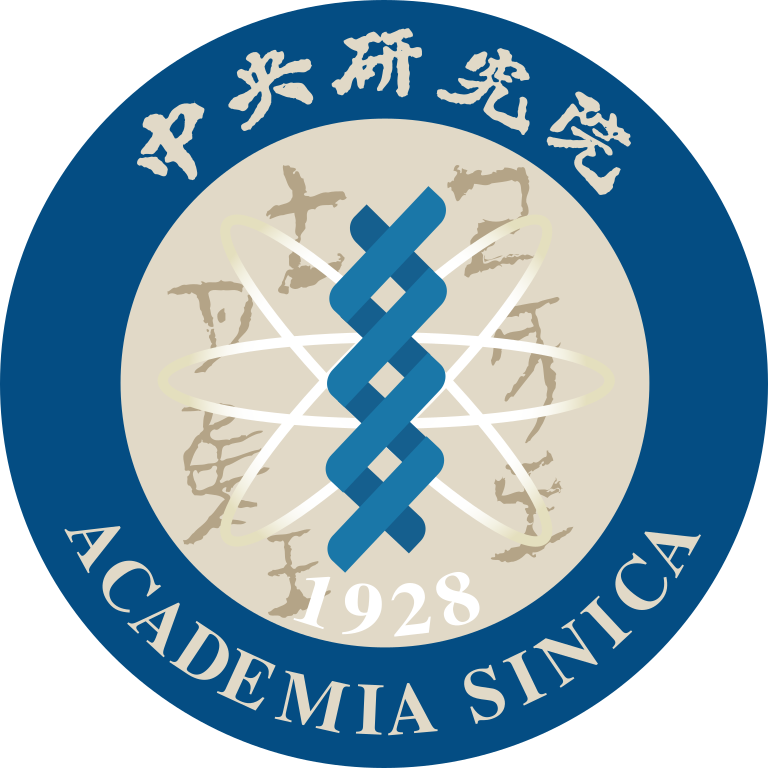Introduction
Artificial Intelligence of Things (AIoT), combining AI and IoT, is one of the most promising scientific and technological trends today. As forecast by McKinsey Management Consultants, IDC, and Frost & Sullivan, the global application output value of IoT will reach 11.1 trillion U.S. dollars in 2025, the IoT data volume from 2018 to 2025 will grow at an average annual growth rate of 28.7% and reach 79.4ZB in 2025, and the global output value of smart cities will reach a market size of 2 trillion U.S. dollars by 2025. The develop-ment of AIoT plays a pivotal role in upgrading the international competitiveness of various fields in Taiwan. Hence, there is an urgent need for AIoT talents and technologies.
The TIGP on AIoT, a program established jointly by National Taiwan University and Academia Sinica, will provide students with a solid theoretical ba-sis and technical capability to solve practical problems related to AIoT.
AIoT automatically creates and maintains social relations among smart objects to deal with the possi-bly unpredictable and intense environmental changes due to user mobility, network congestion, etc. As air (e.g., UAVs) and ground vehicles are two vital network intermediaries in the next-generation network (e.g., 6G), it is envisaged that the Air-ground integrated network is a prevailing trend for AIoT communica-tions. For secure and distributed AIoT computation, blockchain has become a cryptographic and decentral-ized database, maintaining immutable ledgers accessible but tamper-proof for everyone, while Mobile Edge Computing (MEC) enables ubiquitous and real-time AIoT services by pushing cloud services to the network edge. Blockchain and MEC cooperatively enable new ways of AIoT applications through distrib-uted, secure, flexible, and intelligent devices and systems along with related digital value and economics. The most feasible solution to process, store, analyze, and compute Big Data in AIoT is the distribution sys-tem, the theoretical foundation and core technology of cloud computing. Improving the performance and storage capacity of distributed systems to meet the demand of AIoT is crucial for industry and academia. Machine learning in AIoT is essential to intelligently and efficiently analyzing and utilizing the massive amount of data. Various important issues, such as complexity, accuracy, fairness, and robustness, related to multi-task learning, active learning, online learning, and transfer learning in modern AIoT systems and applications require further study. Intelligent healthcare has been urgently needed recently since epi-demics significantly impact public health, society, and the economy. Moreover, AIoT is beneficial to con-taining epidemics by epidemiological data collection, surveillance, contact tracing, and potential source identification via social networks, communication networks, and cell broadcast.
| Coordinator: |
Dr. Chuan-Ju Wang王釧茹研究員
Research Fellow
Research Center for Information Technology Innovation
|
| TEL: |
886-2787-2300 #2787-2351
|
| Email: | |
| Program Website: | |
| Program Assistant : | Jim Kao 高嘉駿 |
| TEL: | 886-2-2788-3799 ext. 2356 |
| E-mail: | tigpaiot@gate.sinica.edu.tw |
